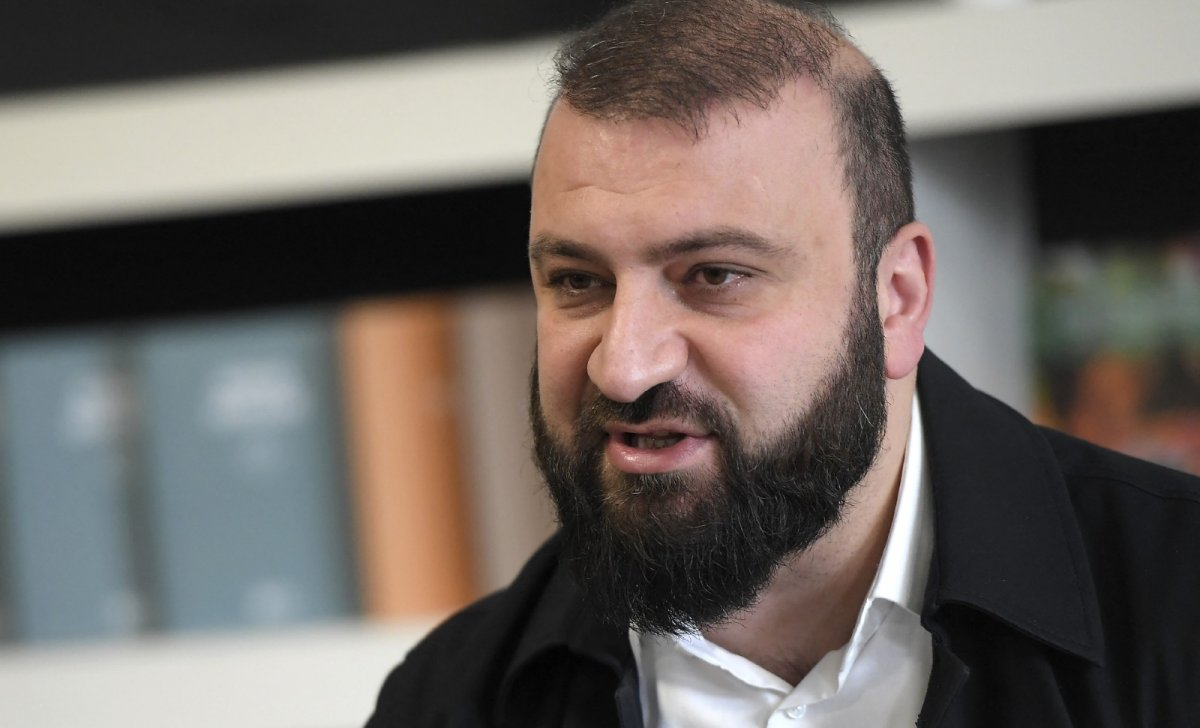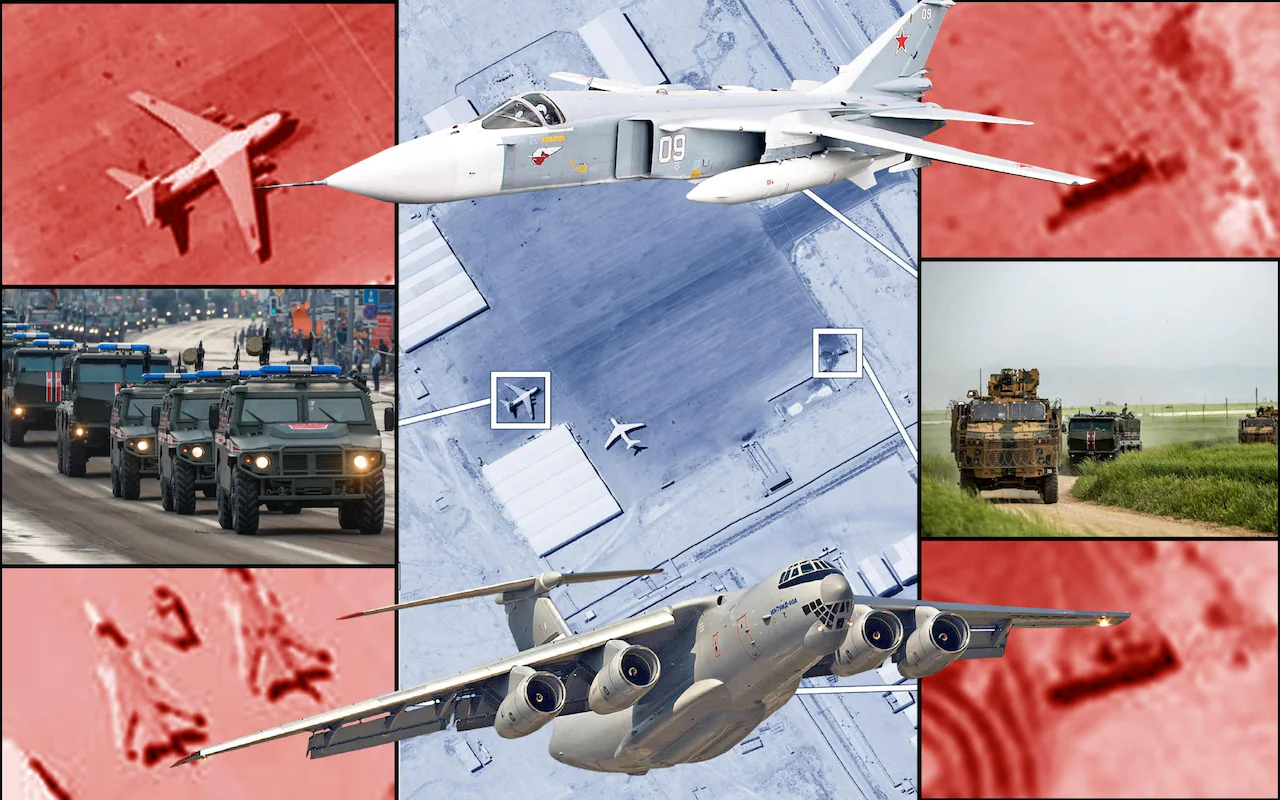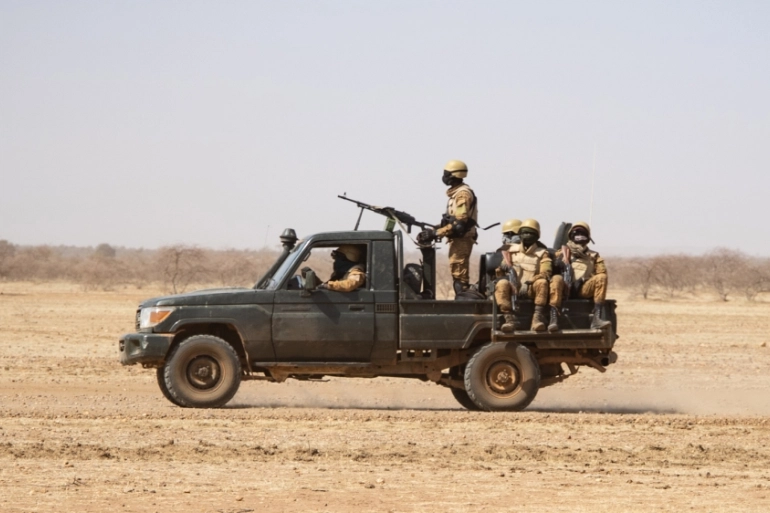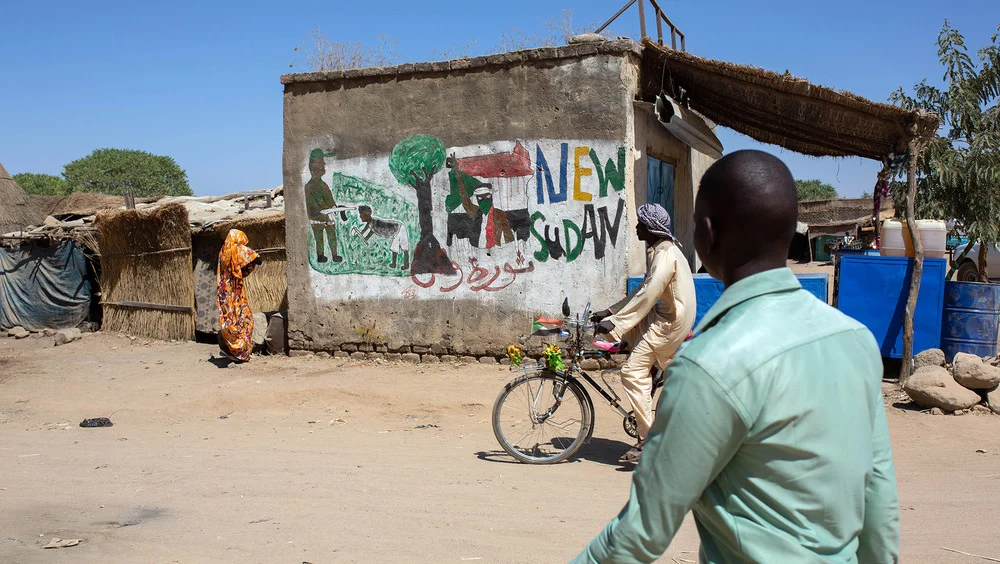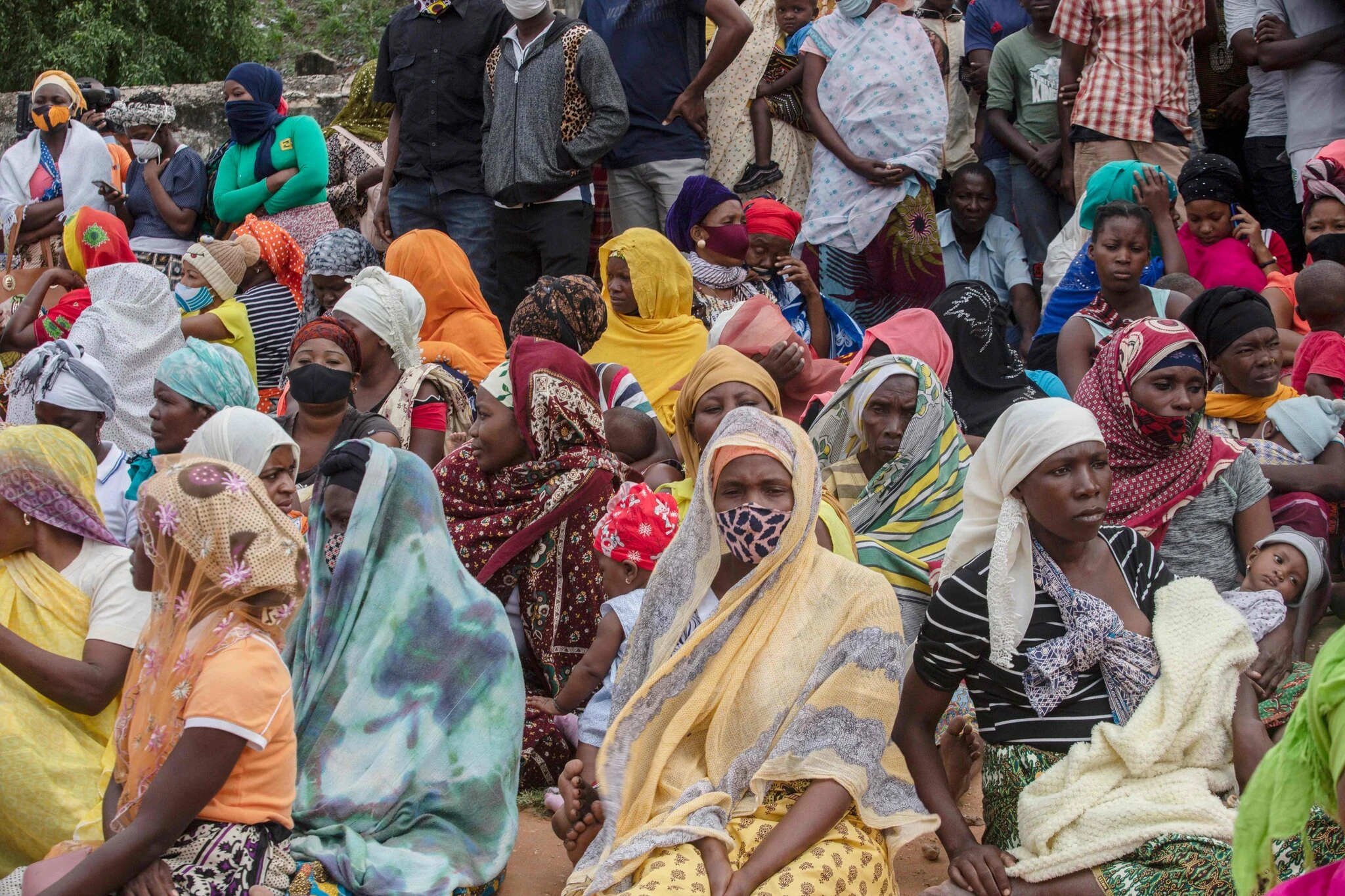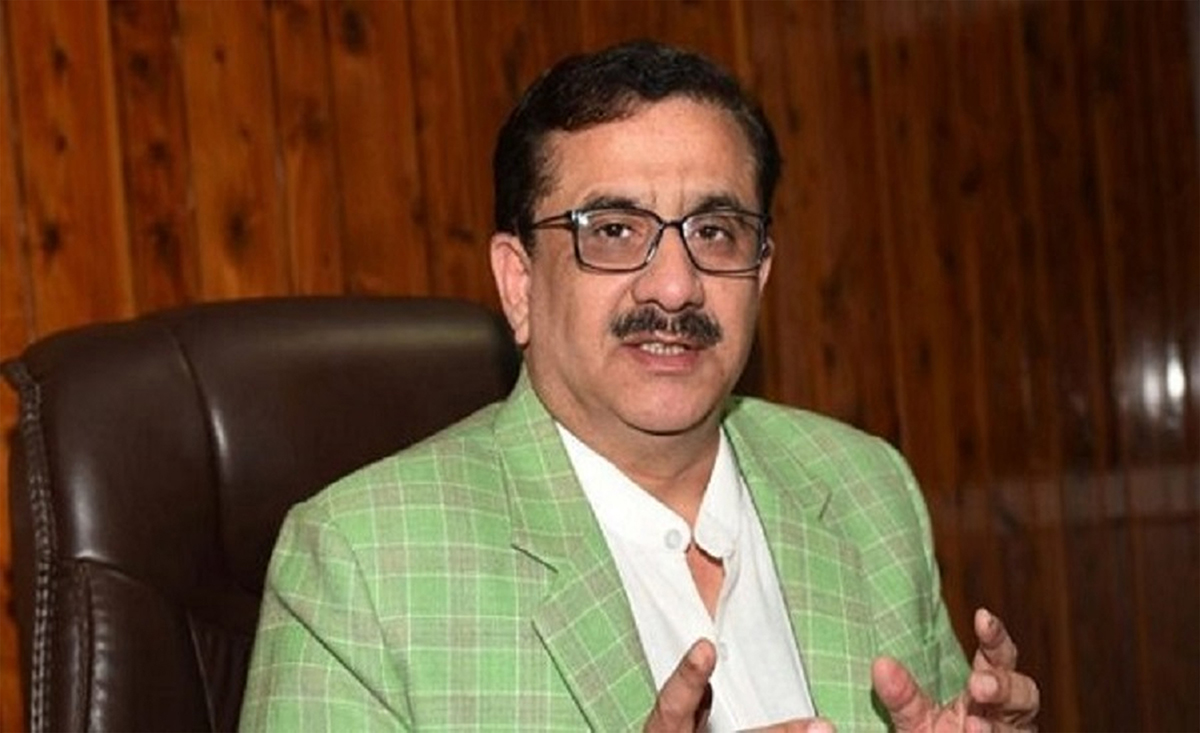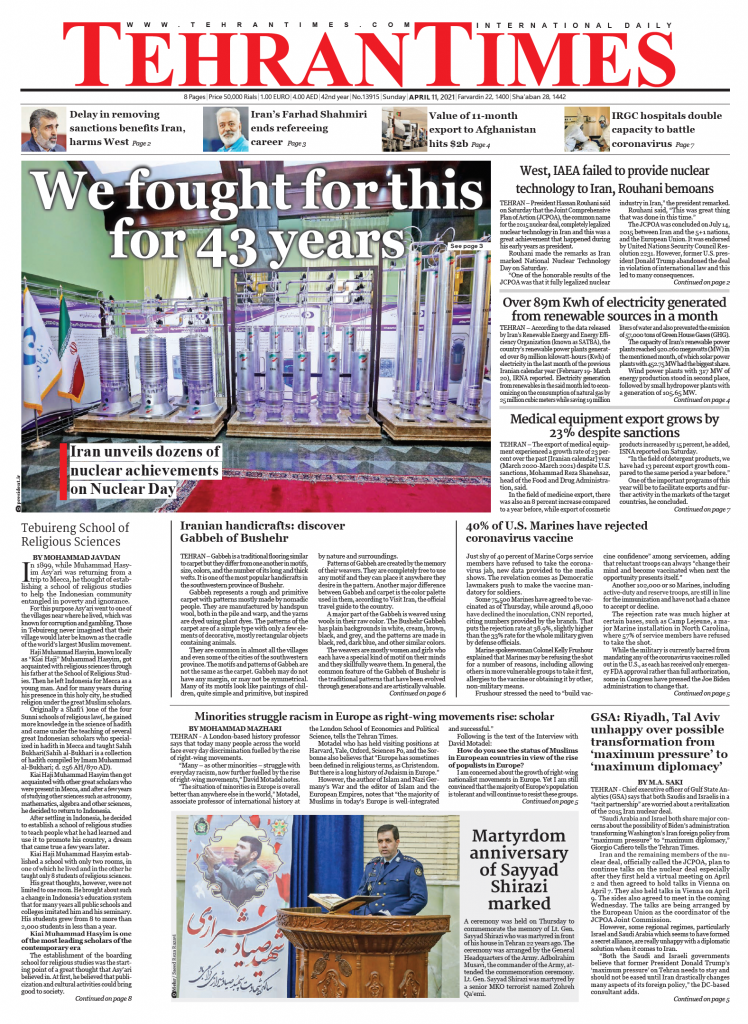Ecologistes et islamistes: l’alliance verte
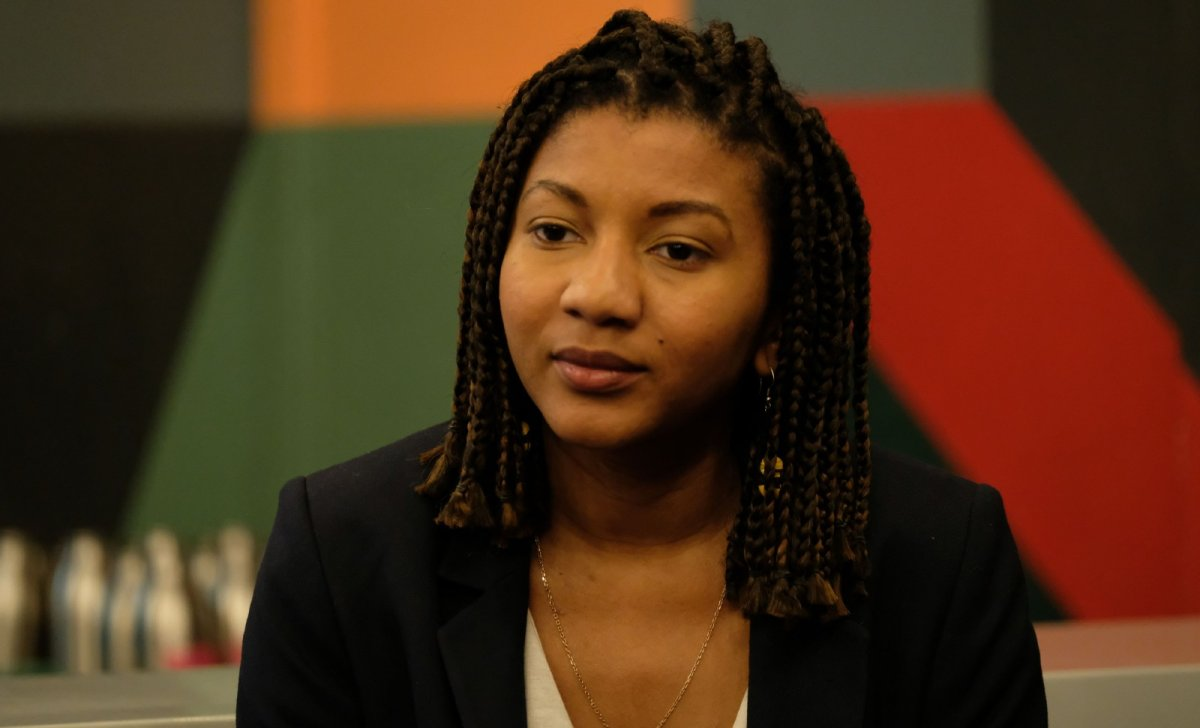
Lorsque l’on s’inquiète du péril de l’islamo-gauchisme, on aurait grand tort de ne regarder que du côté de la France Insoumise.
Ils partagent une couleur : le vert. Mais pas seulement. Ils partagent aussi une approche totalitaire de la société.
Les uns veulent nous soumettre à la Nature. Les autres veulent nous soumettre à Allah et aux préceptes du Coran.

